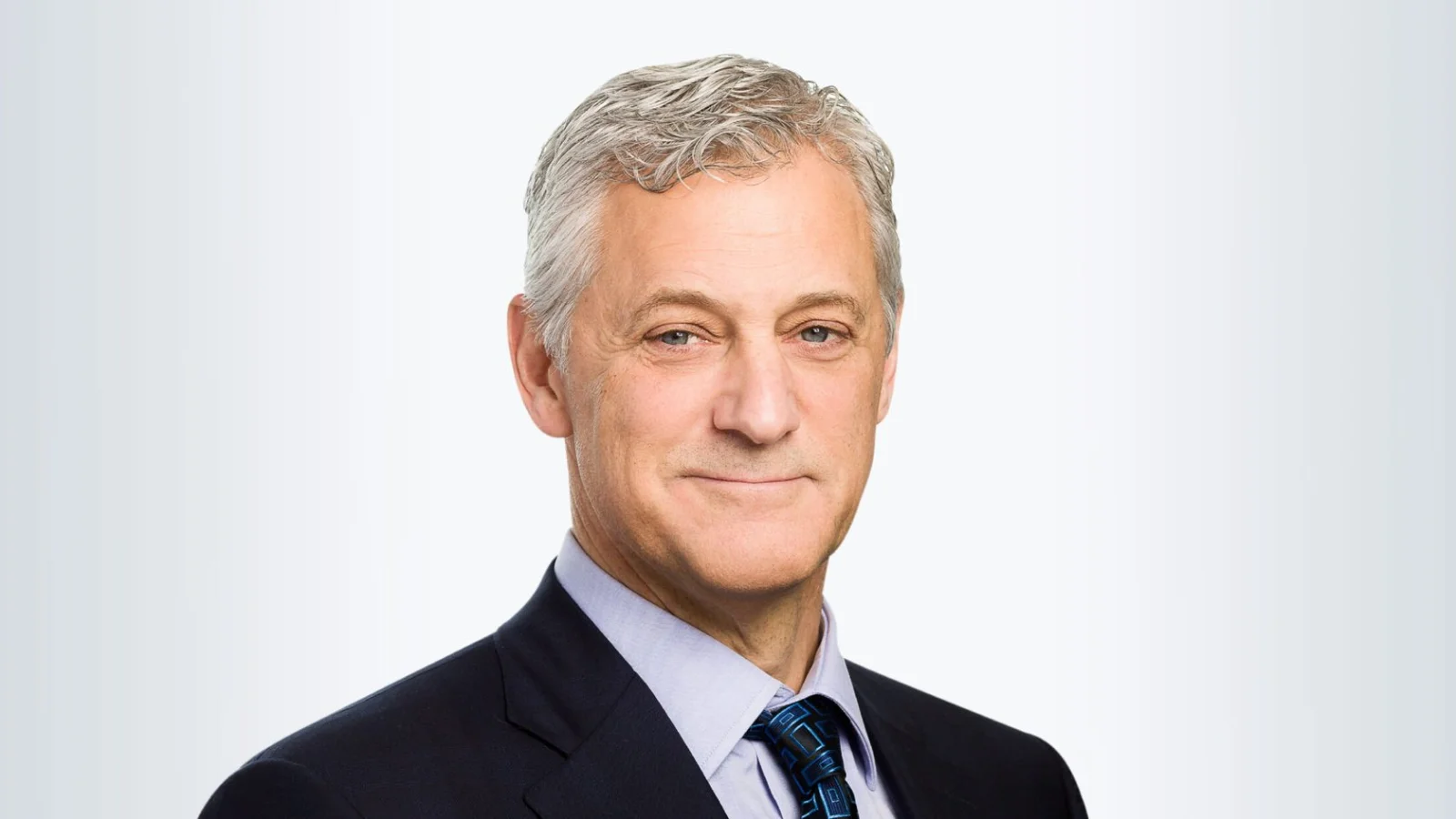Standard Chartered Global Private Bank has released new research highlighting significant changes in how ultra-high-net-worth (UHNW) families are managing their wealth and planning for the future. The report, titled “The Great Repositioning,” surveyed more than 300 UHNW families and their advisers to understand current trends and challenges.
One of the key findings is that 74% of family office professionals have seen an increase in conflict among family members. Most families continue to rely on personal judgment when it comes to philanthropy and resolving disputes. The report notes that this does not necessarily indicate dysfunction but reflects the growing complexity of wealth management for these families. According to the research, implementing a governance structure that is regularly reviewed can help align family objectives with values and boost confidence in adapting to changing circumstances.
Relocation of family offices is another major theme identified in the study. More than half of respondents are considering moving their office locations within the year, citing cybersecurity, geopolitical risks, and access to specialist talent as primary concerns. This trend suggests that relocation is viewed not just as a defensive step but also as a way to strengthen resilience and diversify operations.
Succession planning remains under pressure, with 84% agreeing on the importance of next-generation involvement, yet one-third expressing dissatisfaction with current levels of engagement from younger family members. The difference in views highlights the need for balance regarding when and how next-gen members should participate.
Technology adoption is also becoming central to decision-making processes within these families. Over three-quarters (76%) reported comfort using artificial intelligence (AI) for investment decisions as long as there is human oversight. Furthermore, 81% of heads of families said younger generations’ perspectives are crucial in shaping strategy.
Raymond Ang, Global Head of Private Bank and Affluent Clients and Head of Wealth and Retail Banking for Greater China and North Asia at Standard Chartered, commented: “In an increasingly unpredictable world, the architecture of wealth management must evolve to build resilience, unlock opportunities, and protect legacies. Families must move beyond reactivity and plan for change, thereby embedding relevance and longevity for the generations to come.”
Mike Tan, Global Head of Wealth Planning and Family Advisory at Standard Chartered added: “Where a family office is located can offer strategic advantages because offices hold vast quantities of sensitive financial and personal data. Jurisdictions with strong regulatory safeguards, sufficient professional support network and advanced digital infrastructure not only offer greater protection but also attract the calibre of talent needed to secure and grow wealth in the long run.”
The study was conducted together with Financial Times Group during May and June 2025 using both qualitative and quantitative methods involving over 300 UHNW individuals or their advisers.
Standard Chartered Global Private Bank operates across key advisory centers including Hong Kong, Singapore, United Arab Emirates, and United Kingdom. It offers tailored solutions such as investment opportunities, structured lending services, corporate advisory support, private market access as well as dedicated offerings for external asset managers.
More information about Standard Chartered’s private banking services can be found at sc.com/private-banking.

